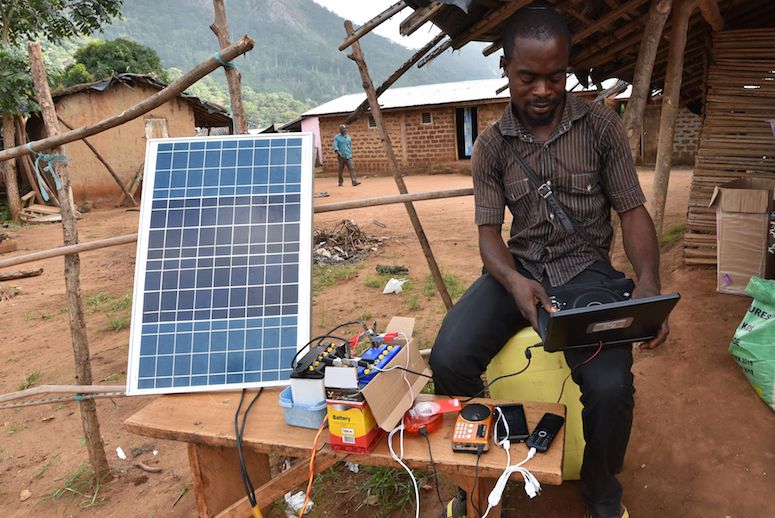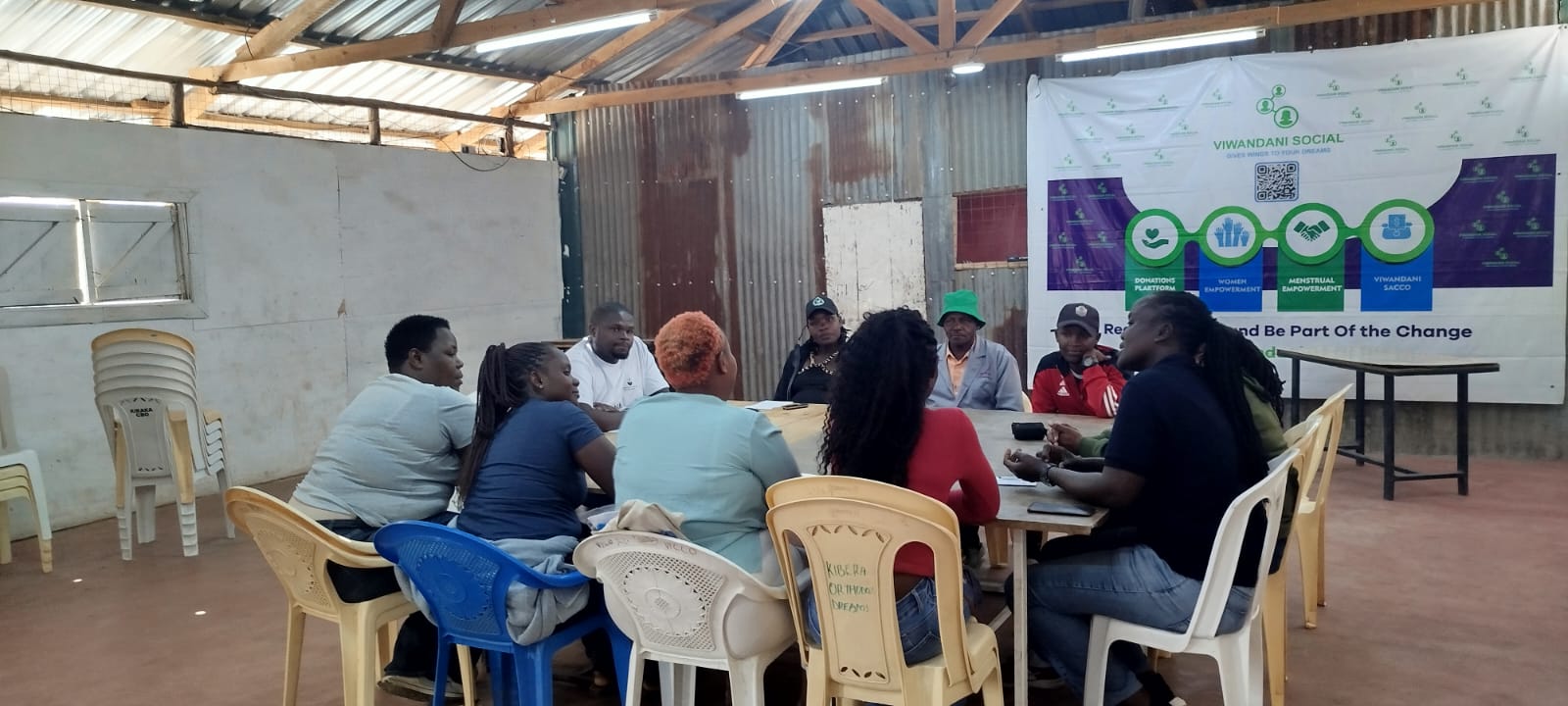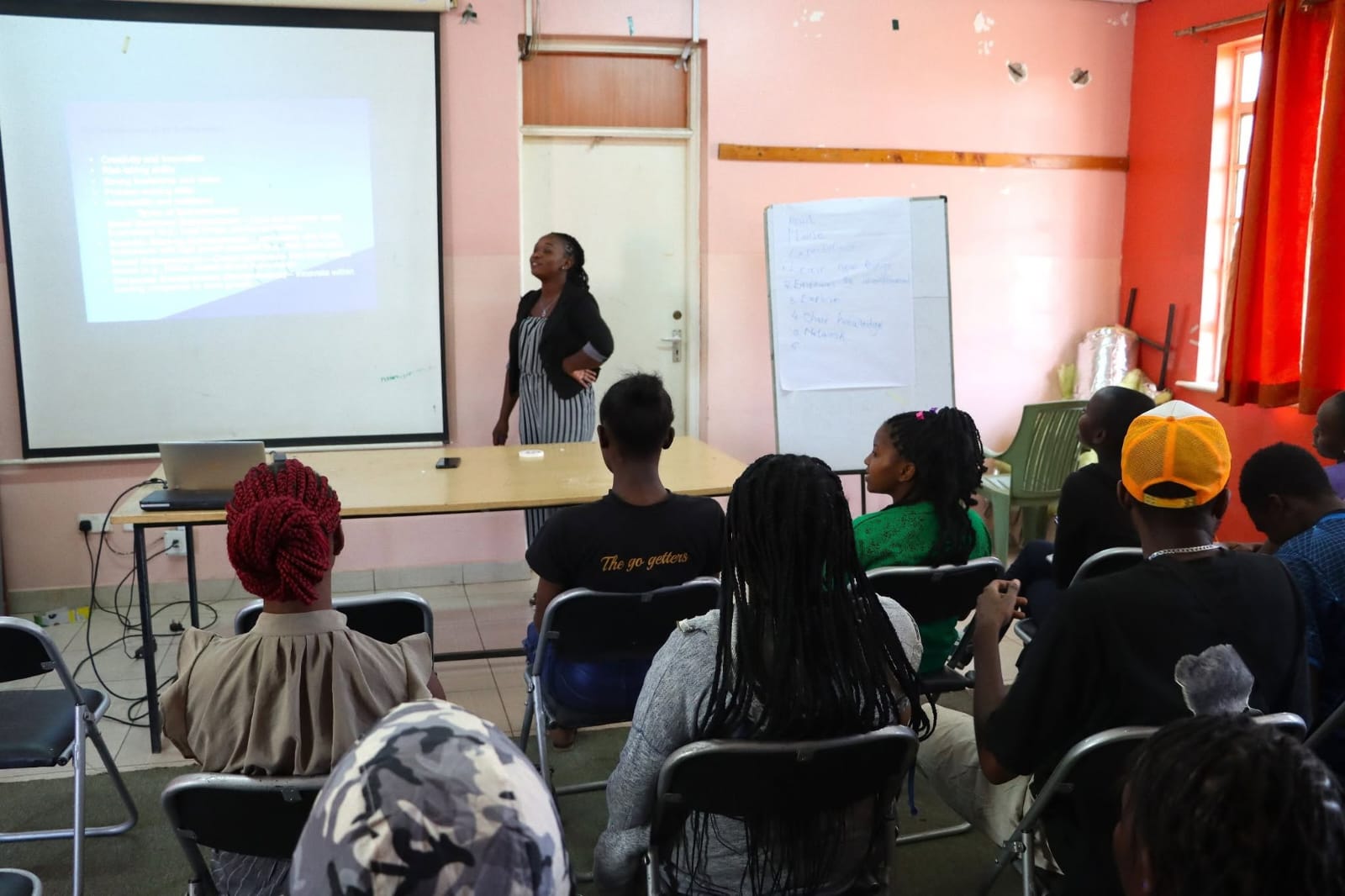FALSE: Photo does not show the drought situation in Embolioi, Kajiado County, in October 2022
Young men and women in Mukuru slums Nairobi County on Tuesday were hosted by Salama Centre as the Youth International Day took center stage globally.
The Youth International Day is set to open its floodgates of celebrations around the world officially on Wednesday, but Annette Kimeu, head of Salama Center wanted her crew to come in early.
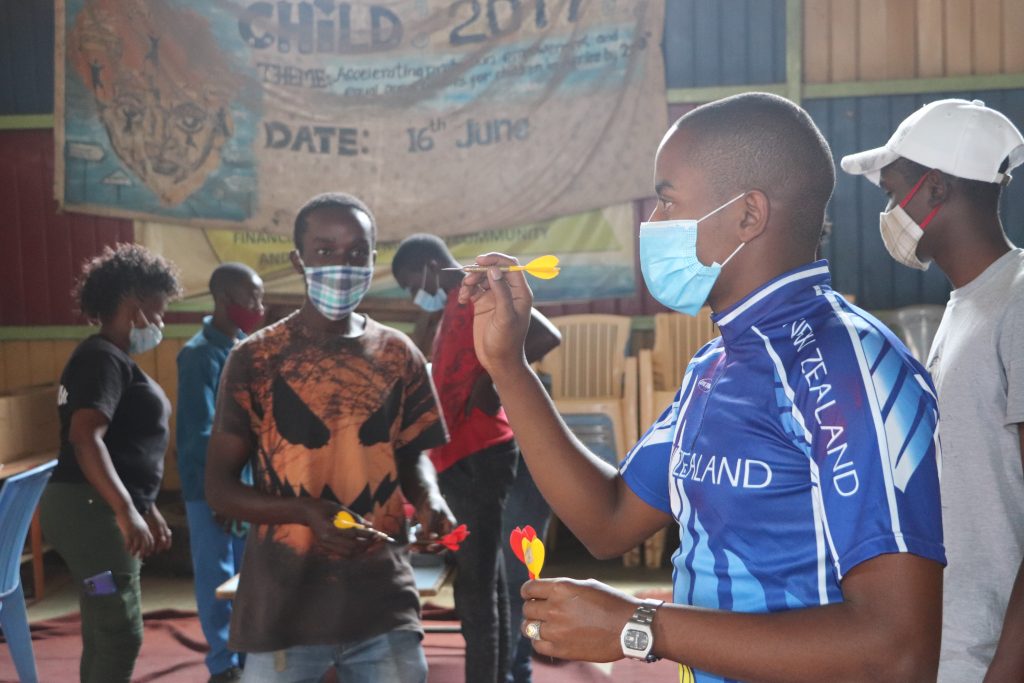
“The official day is tomorrow, but our aim at Salama Center is to bring youth from all over this slum together. We need to start engaging them early, as you know life in slums can be tricky when the majority of youth have no employment,” said Miss Kimeu who also added that she wants to have the week-long event that will hopefully end on Saturday.
About 50 young men and women aged between 18 to 32 years of age from different areas within Mukuru, got engaged into different activities at Ruben center.
Apart from group discussions, the center provided games such as chess, scrabble, pool, darts and play stations.
“I find it fascinating to come here. I have made lots of friends and also we had a serious group discussion on the challenges we face in this slum. I am looking forward to this long week event,” said Michael Mutinda, a young man in his mid-twenties from Lunga Lunga area.
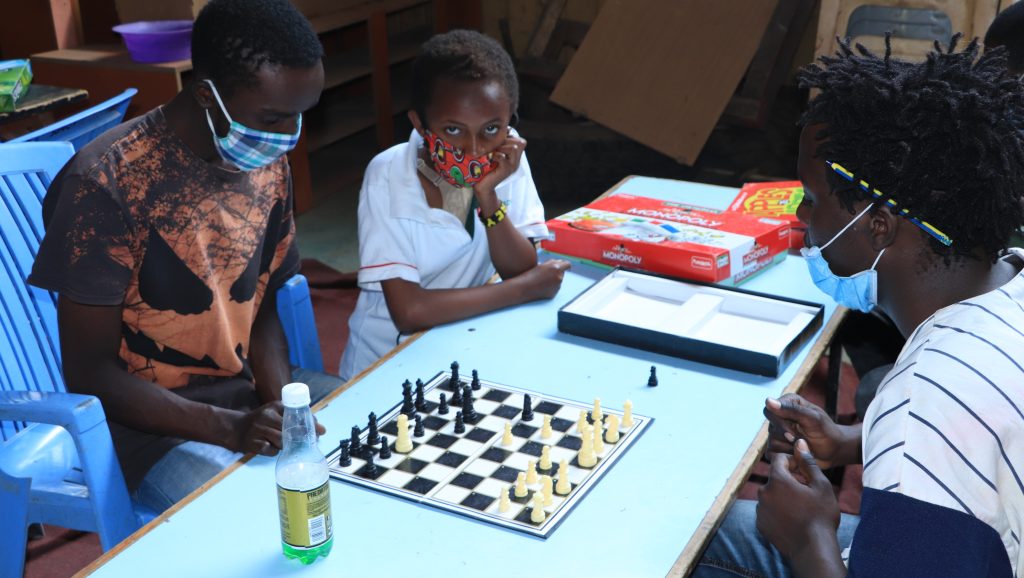
According to the United Nations, department of economic and social affairs youth the theme of International Youth Day 2020, “Youth Engagement for Global Action” seeks to highlight the ways in which the engagement of young people at the local, national and global levels is enriching national and multilateral institutions and processes, as well as draw lessons on how their representation and engagement in formal institutional politics can be significantly enhanced.
As the United Nations turns 75, and with only 10 years remaining to make the 2030 Agenda a reality for all, trust in public institutions is eroding.
At the international level, against the backdrop of an increasingly polarized world, the international system of governance is currently undergoing a crisis of legitimacy and relevance. In particular, this crisis is rooted in the need to strengthen the capacity of the international system to act in concert and implement solutions to pressing challenges and threats (examples include some of the worst contemporary conflicts and humanitarian emergencies, such as Syria and Myanmar, as well as global challenges, such as the COVID-19 outbreak and climate change).
By Shadrack Andenga Odinga

